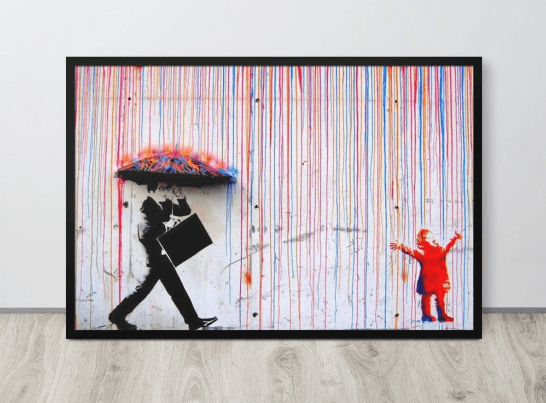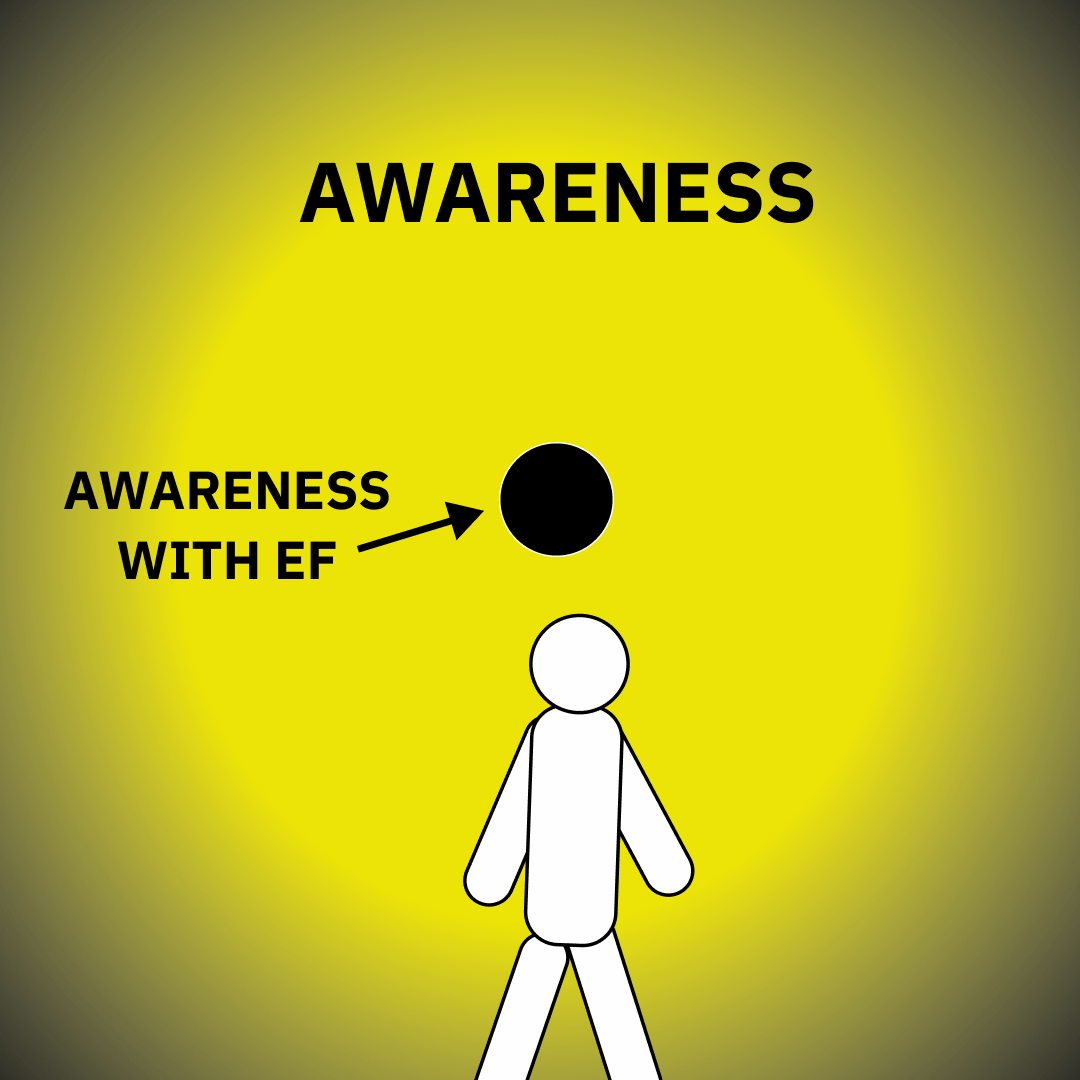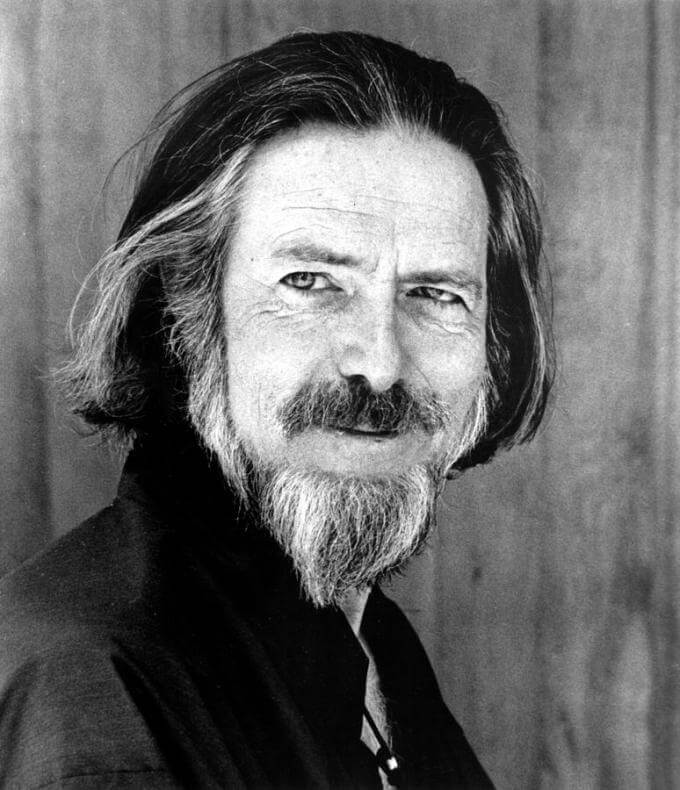The Key Hangs On The Door Unguarded
It scares them. The thought of other people gaining Awareness of themselves scares them. They think it’s dangerous if people think freely. They see this as a bad thing for society. They are afraid that unchained minds and unchained souls will topple the structures of stability. To them we say, ‘Don’t worry my friends — when the guard tower falls and the cell doors open, when the young people walk free from the penitentiary of stability, there will be nothing forcing you to follow…’ ‘You can stay in your cell if you so wish
I replaced the word ‘sin’ in the Bible. Now things have a whole new meaning.
I recently came across the work of Gabor Maté, the Hungarian-Canadian physician, and all of a sudden I started to see things in a whole new light. Cross-referencing his thoughts with everything I’d ever known, my mind wandered to the Bible, and a concept that had always gnawed at me. ‘Sin’ — and I did a sacrilegious thing. I replaced it with the word ‘trauma.’ Suddenly, things have a whole new and clearer meaning. ‘Jesus died for our sins,’ becomes — Jesus died for our trauma. ‘Go to confession to be cleansed of your sins becomes,’ — Go to confession to be cleansed of your trauma. ‘Everybody sins, it
It’s Nothing More Than A Party
The Student said, Speak to me of existence. For this world is deceptive — in every corner dances a different shadow of what to pursue, what to follow. And the Doorman said, Here I stand on the shoulders of giants, for it is not I, but many before me who pointed out that existence is essentially playful. There is no necessity for it whatsoever. It is like music or theatre. The whole purpose of it is simply to be enjoyed, to engage others, and to stimulate them. It is an experience. In one way of thinking, music, theatre and art are not essential —
When Rich People Say ‘Don’t Worry About Money’
Questions followed the remorseful billionaire everywhere… ‘How do we make money?’ ‘How do we build wealth like you?’ So he gathered a crowd and addressed them once and for all. ‘Look,’ he said, ‘take it from me, yes I’m a billionaire, but I burned bridges to get here. I chased glory and left a trail of destruction in my wake. Those around me suffered, and in the end it wasn’t worth it. Now I’ve learnt to let it go and live a more balanced life.’ But the crowd got angry and said, ‘it’s easy for you to say, having made the money already! Once we’ve
THE EXISTENTIAL FLU — Diagnosing how we lose awareness and get back on track.
I had a crushing existential crisis recently… Don’t worry, I managed to dig myself out of it. Not only that, but I think I can reduce its occurrence in future. This experience is not just ‘feeling down’ — it’s a completely undocumented illness that plagues the modern world called the Existential Flu. What’s the Existential Flu? When your thinking is invaded by negative questions, self-doubt, low self-belief, a sense of meaninglessness, fuzzy-thinking, frustration for life and… well, that feeling of being hopelessly lost. These thoughts are not accurate, they don’t reflect your reality or progress in life — they are an invasion.
Are You Content To Be Forgotten?
Today you will learn how to get anything you want
How Do You Live In The Present While Thinking About A Better Future?
This is the dilemma — the trade off for being a visionary or aspirational person appears to be losing an appreciation of the present. We fall into the trap of thinking of the future at the expense of the now. This seems logical. By focusing on how things should be better, we’re focusing on how imperfect they are now
How Sad — The Hippy, The Entrepreneur & The Philosopher
There was once a hippy — who didn’t shave his armpits, didn’t shower, and lived out of caravan parks. And one day a blue collar worker drove past the hippy and scoffed at him. ‘Freeloader’ the blue collar worker mumbled to himself. ‘That hippy will never do an honest day’s work his whole life’ the blue collar worker said to himself. ‘How sad.’ The blue collar worker drove to do a job at the house of a white collar worker, an accountant. The accountant scoffed at the blue collar worker, saying to herself ‘this man has to work with his hands, he’ll never
Two Black-And-White Movies That Will Change The Way You Think About Life
Rosebud whispers the croaky old voice. A snowball drops and shatters, and Charles Foster Kane, the media tycoon turned failed politician dies a lonely old man in his Xanadu Mansion. Citizen Kane This is the genesis point of the storyline in Orson Welles’ 1942 masterpiece Citizen Kane. A reporter is investigating the meaning of this ‘Rosebud’, trying to unpack what the dying word of this noteworthy media figure might have meant. Through this journey he learns Charles’ story — a boy born into a poor family, who was sold to a rich businessman to be raised and given a fortune once he came of
Alan Watts On Education For Unreality
Alan Watts was a prolific philosopher, absolutely light years ahead of his time especially with the predictions he made about the education revolution before his death in 1973. Philosophy is something that keeps popping up on this journey — those who dive into it seem to find the ability to really see things. The episodes we did on Alan Watts on the With Joe Wehbe Podcast, (episodes #203-#211) are some of the most powerful episodes done to date, and go deep to unearth some tightly held assumptions we have about work and life. Luke Smith, my high school friend and co-host of these







